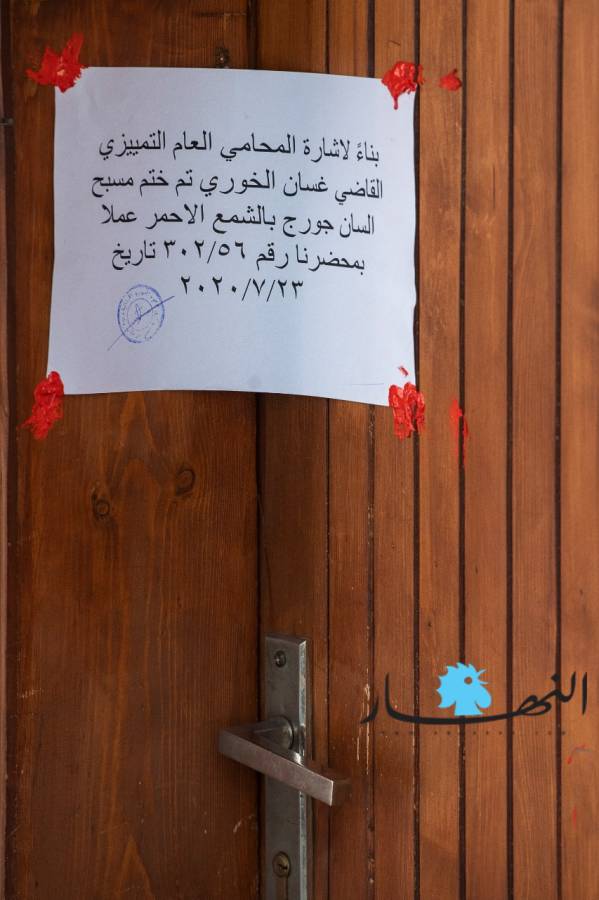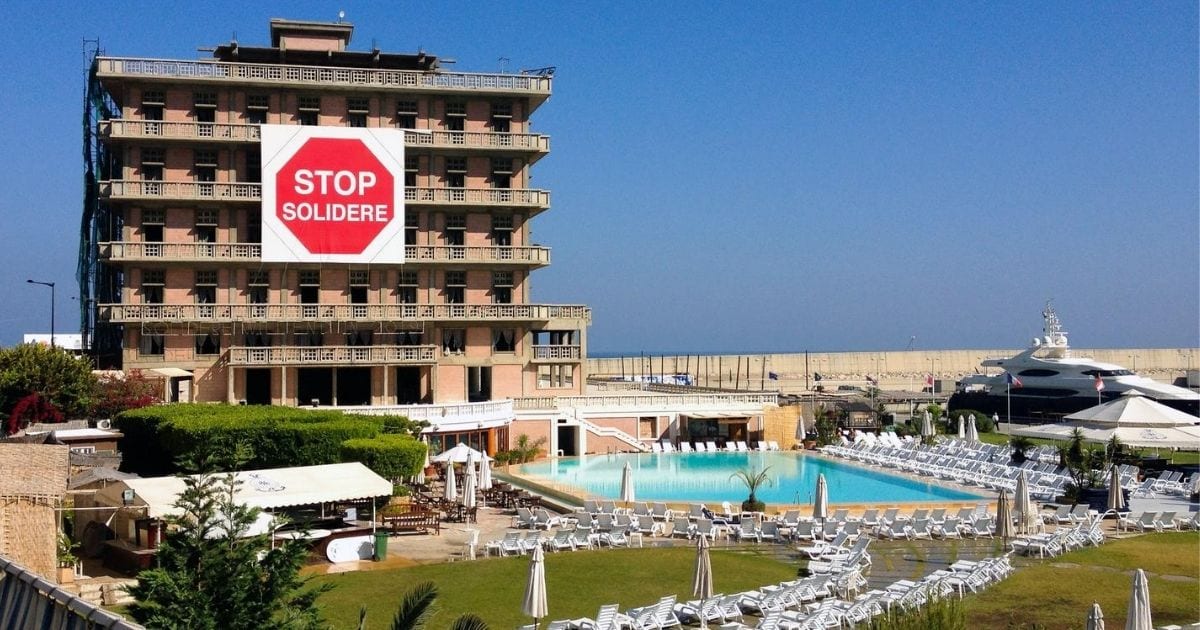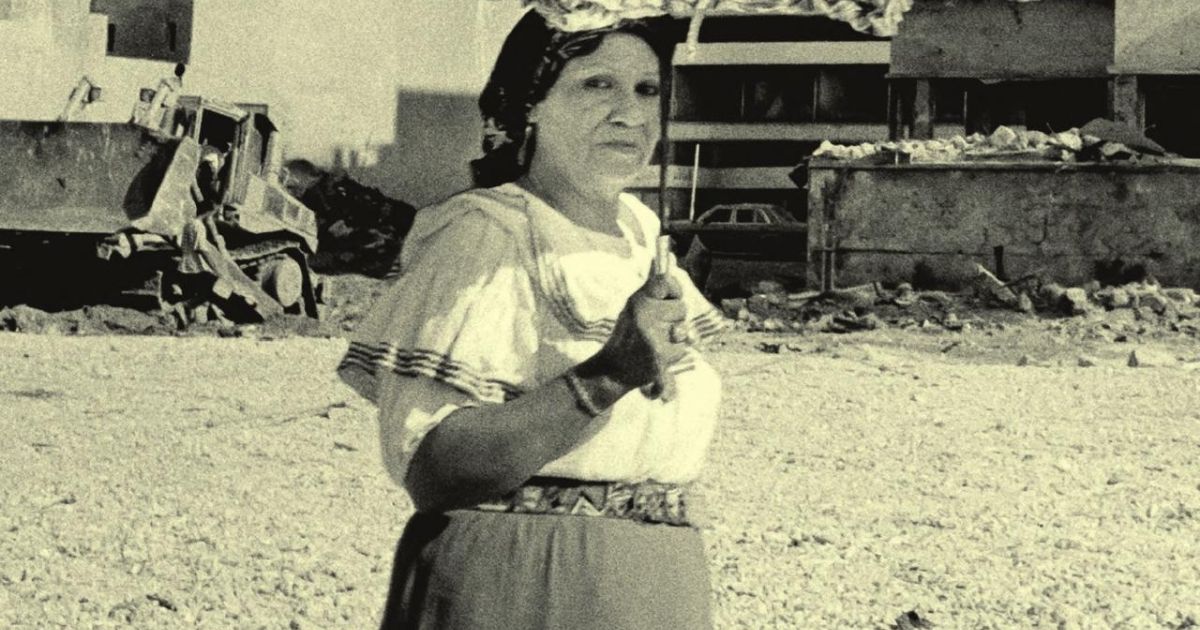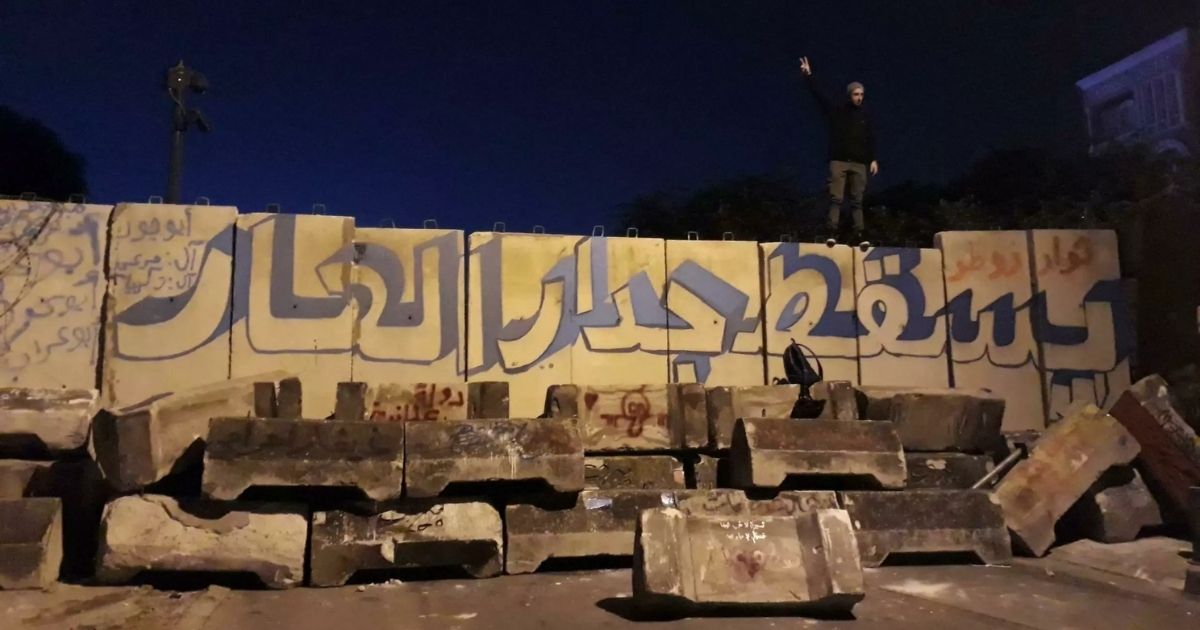After nearly 100 years since it was built, seeing the Saint Georges resort close down is the last thing people would want.
But on Wednesday, July 29th, that’s precisely what happened.
The Saint Georges Hotel, a famous landmark in Beirut since the 1920s, is an iconic site of Lebanon’s golden age.
Old pictures of men and women vacationing and staycationing at the prestigious hotel are still being shared on social media to date, filling the hearts with nostalgia for days far greater than the present.
Saint Georges Hotel once stood high and mighty as one of the greatest hotspots on the coast of Beirut, hosting international celebrities and officials.
Built in 1929, St. Georges Hotel was described in 1973 by Fortune Magazine as one of the most beautiful hotels in the world.
It sustained severe damage during the Lebanese Civil War and, in 2005, the assassination of Rafik Hariri added to the destruction.
Despite this, people were still able to get a taste of the past by visiting the St. Georges pool, still open to the public, and revived after the war by owner Fadi Khoury.
A Dream Gone By
For years, the hotel symbolized civil disobedience, loudly stating “Stop Solidere”, with whom Khoury faced conflicts while trying to rebuild the hotel.
A decree issued in 1994 gave Solidere the right to expand in a maritime area outside its boundaries and into an area that belonged solely to the St. Georges Hotel, hence violating all standing rules.
Ever since then, the hotel owner refused any compromise with the government requesting to help renovate the hotel with the arbitrary conditions imposed by Solidere.
In 2020, Khoury stated that the hotel was going bankrupt, but was happy to finally get the license to rebuild it and restore it to its former glory.
It is unfathomable that it will now be closed. Another legend and a dream, gone with the wind.
Forced Closure
According to NNA, Attorney General Judge Ghassan Khoury ordered the Lebanese authorities to seal the place with red wax because the owner failed to pay fines to the state for over 20 years.
The collection fees have amounted to 2.5 billion Lebanese pounds.

This judicial decision comes as part of the government’s decision to pursue the file of illegal maritime properties. Prosecutors reportedly plan to go after all owners who fail to pay tax fees to the state.
Holding owners of illegal maritime property accountable has been one of the demands of the Lebanese Revolution, as not a few of these properties populate today the coast of Lebanon. Some of them popped up during the civil war and some thereafter.
Not the centenary Saint George Hotel though. It has been there for almost 100 years.

















